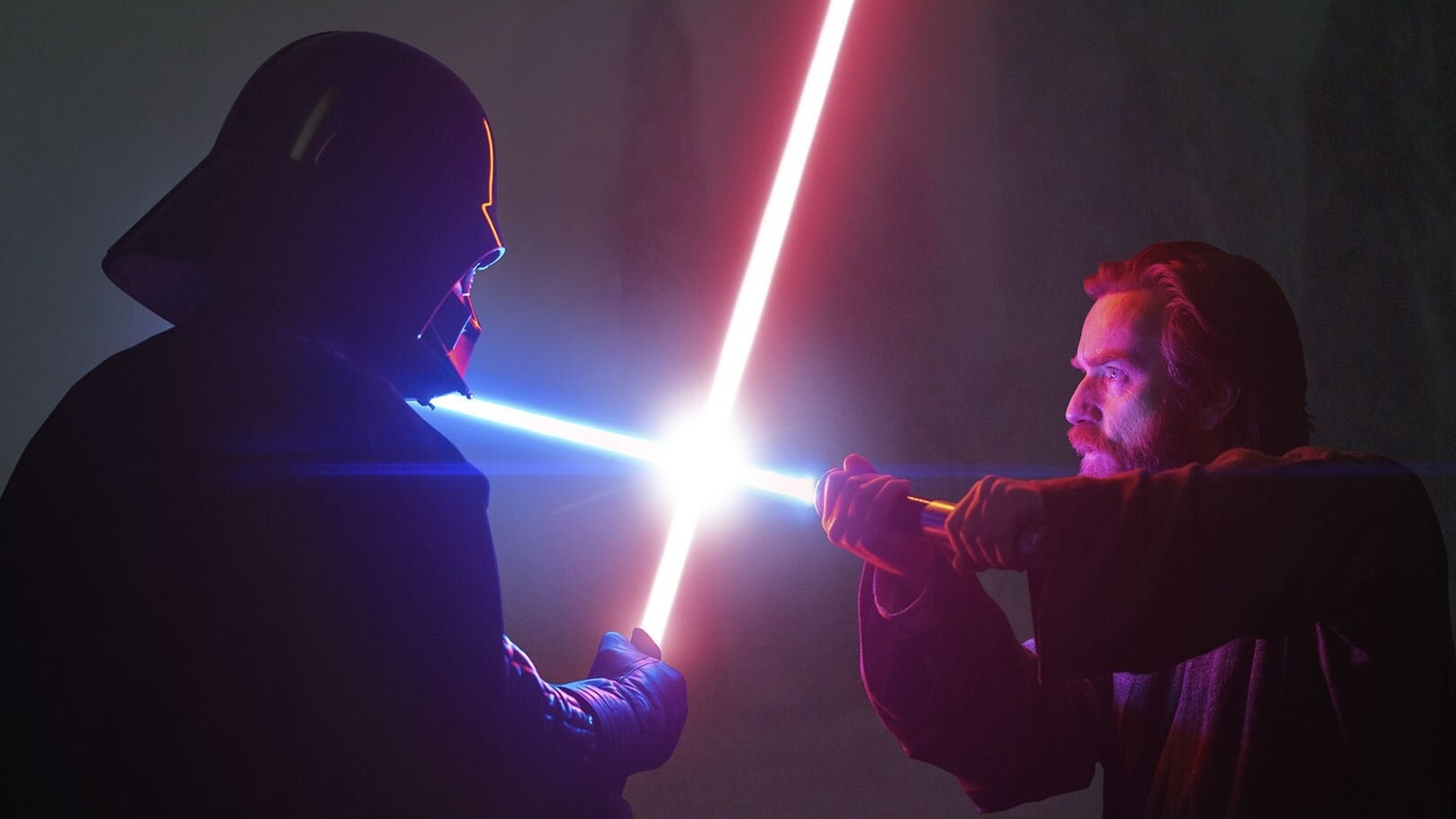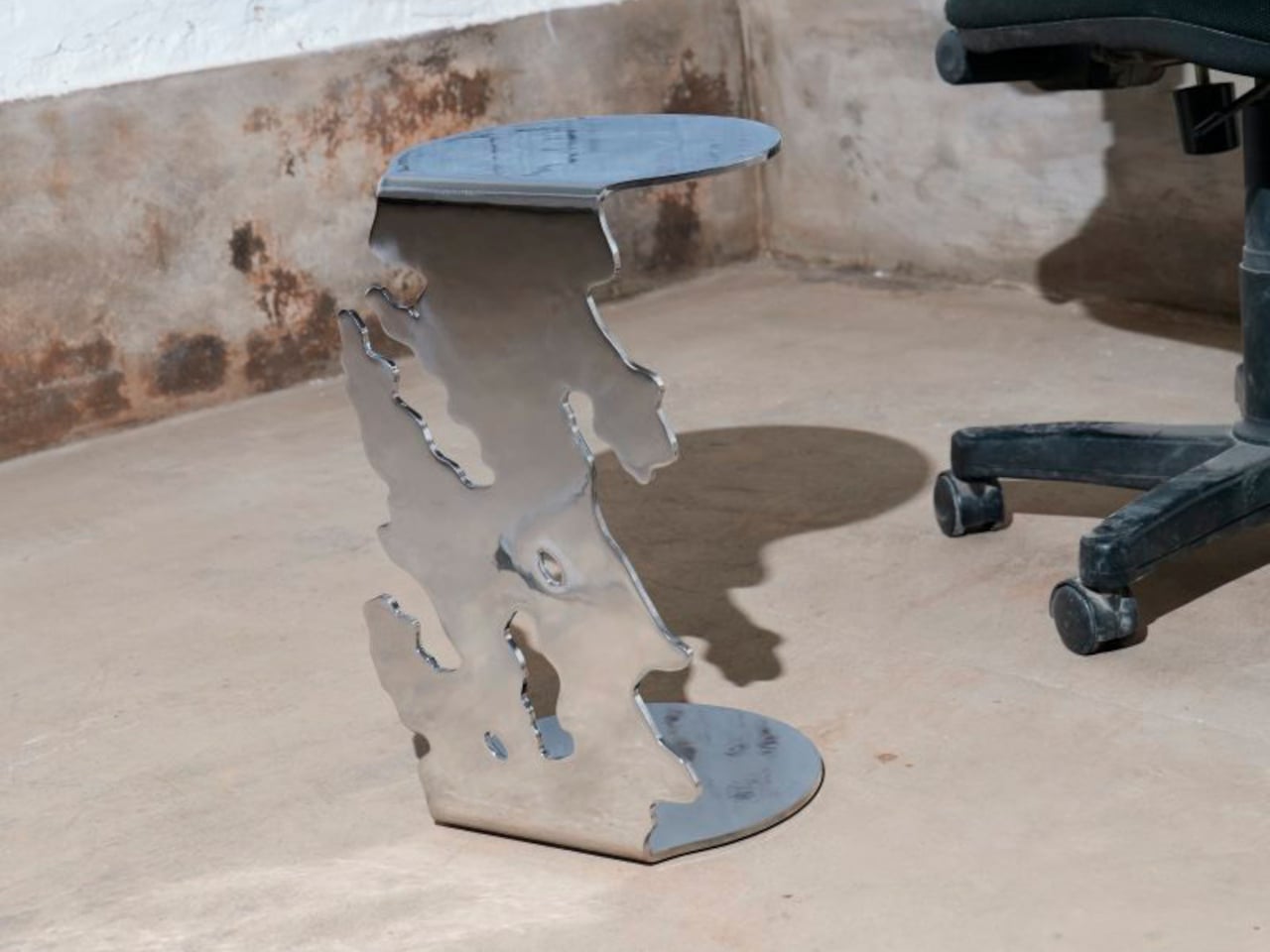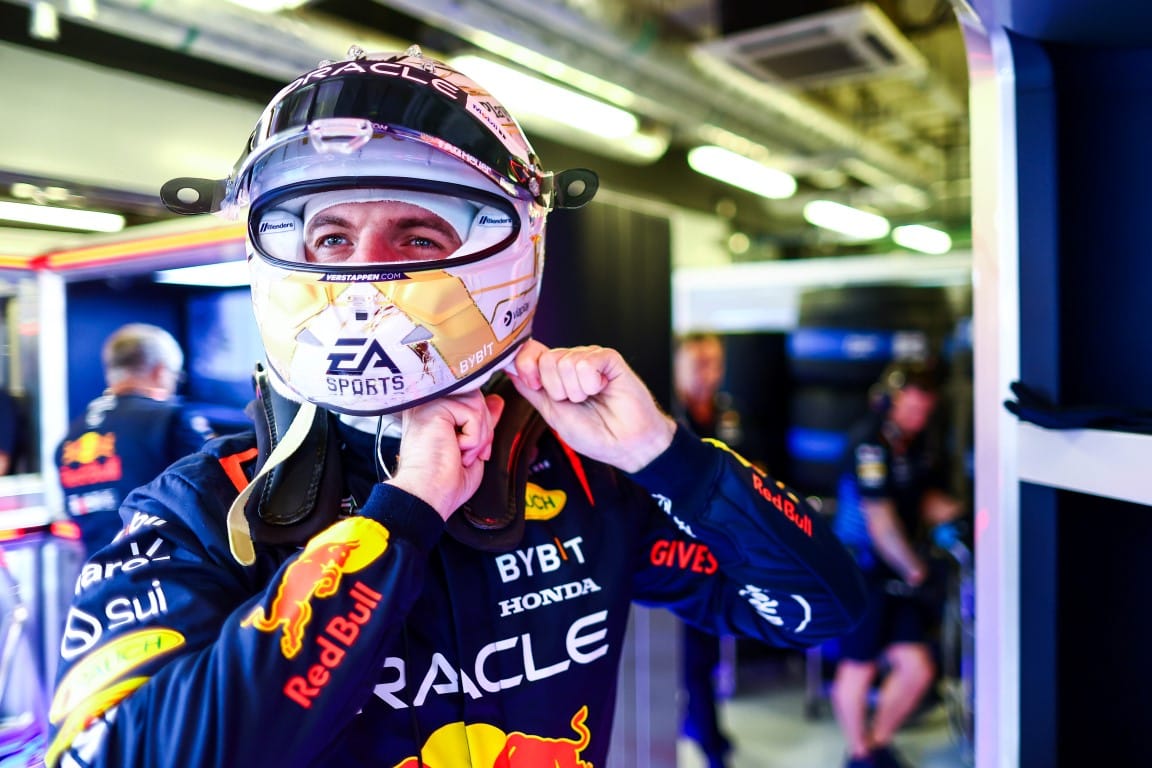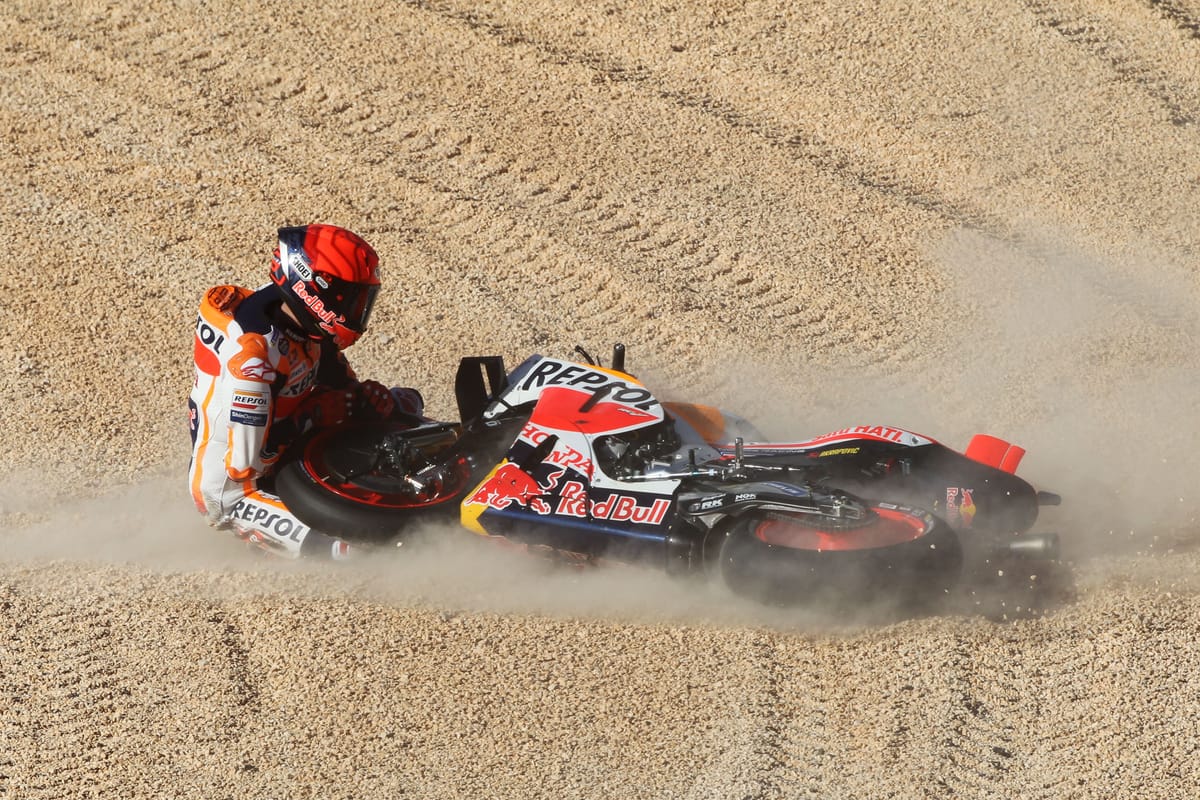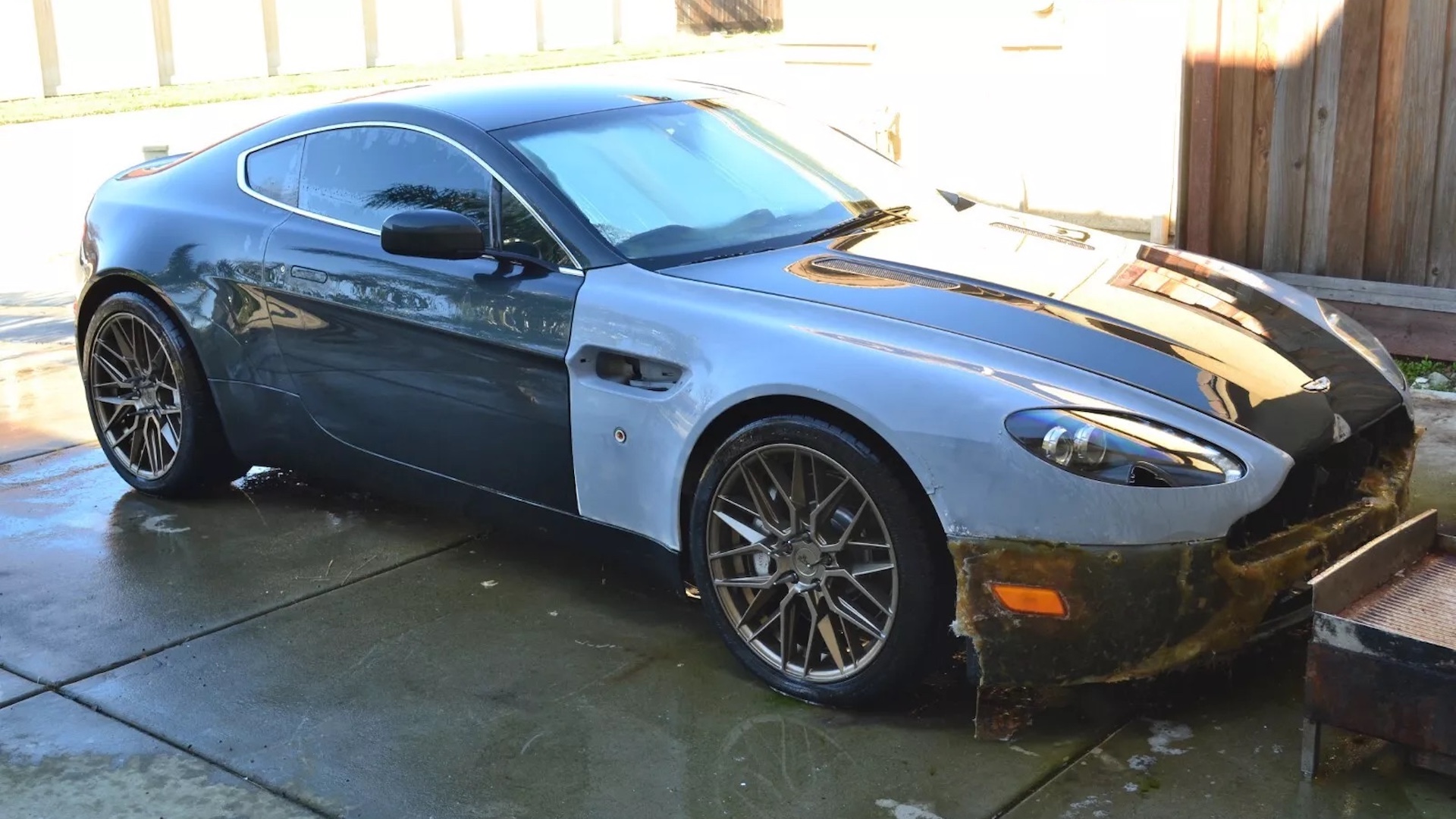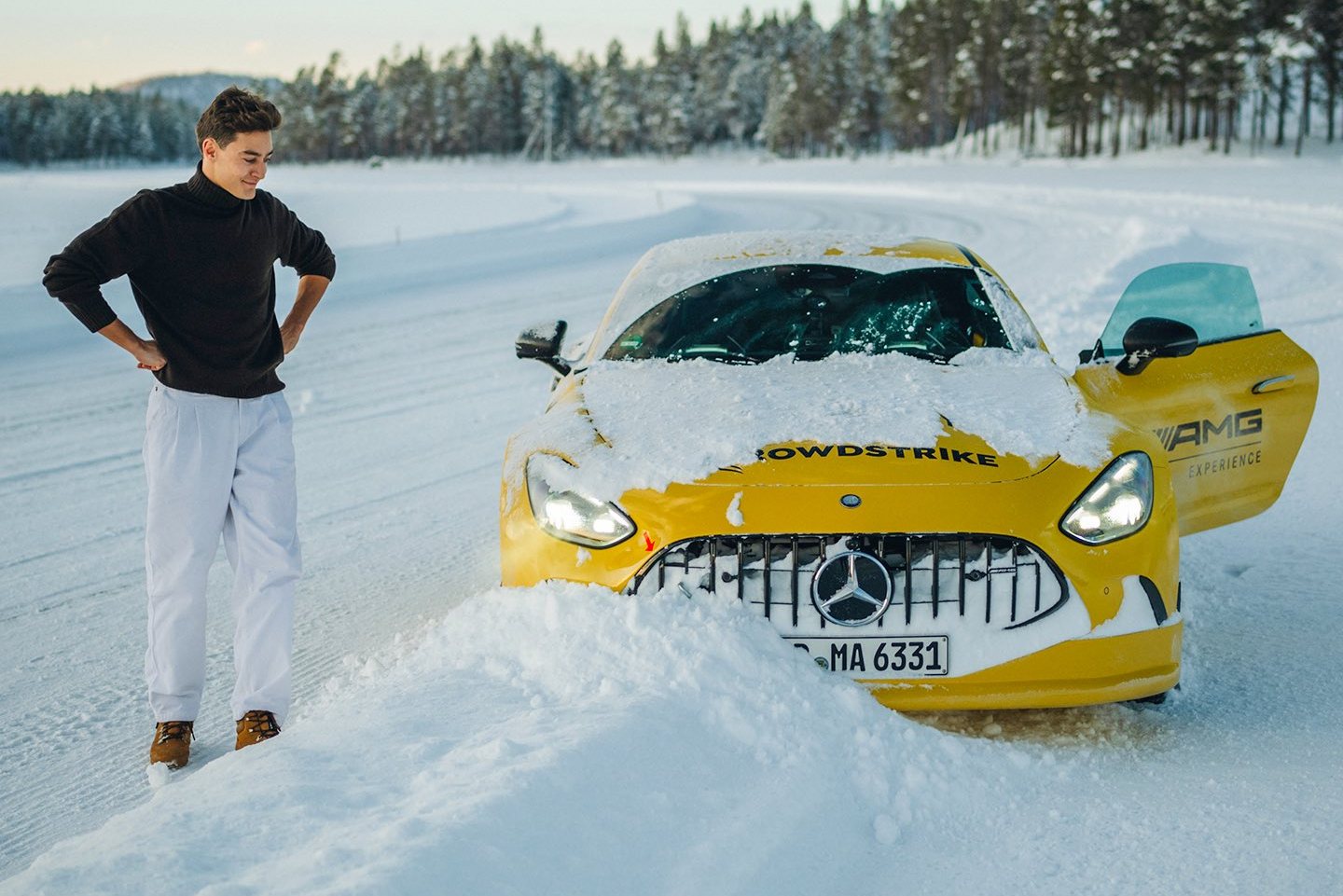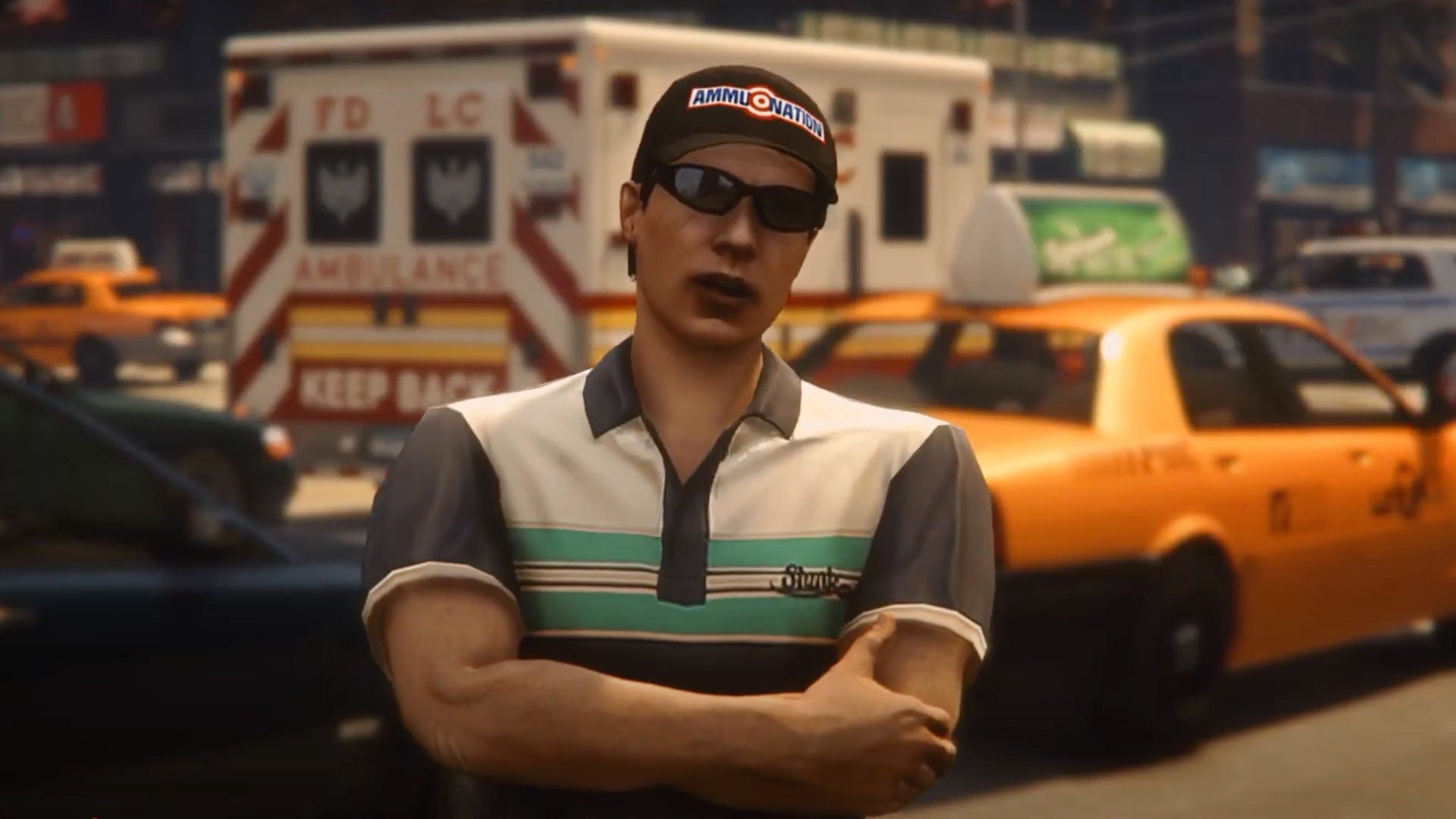Red Bull should be worried Verstappen has become its Marquez
Has Max Verstappen been covering Red Bull's weaknesses, and is the team set up to fail without him? There's a cautionary tale from F1's two-wheeled equivalent that Red Bull really ought to be wary of


Max Verstappen's audacious capture of last year's Formula 1 title went against a line of conventional wisdom that's very tempting to subscribe to.
That line of wisdom goes: the F1 driver of today has become as much of a replaceable cog in the machine as ever as the teams around them are just too good, the simulation tools are too accurate, the cars are too compliant.
Verstappen, in 2024, dealt a brutal blow to that line of thinking by showing his worth to his team as much as any driver has in the last couple of decades. It is a truth universally acknowledged in F1 circles and outside of them that Red Bull does not win the 2024 crown without Verstappen - and, as such, his value to the team is self-evident.
But if it needs to gauge just how much that value can really be, amid rivals' persistent attempts to lure him away, it need only look at F1's two-wheeled counterpart.
One aspect of Mark Hughes's excellent appraisal of Verstappen's status as an F1 team-mate destroyer really stood out - and it is indirectly, unintentionally alluded to by Red Bull team boss Christian Horner's description of his franchise driver as having the "sensitivity and feel" that's akin to "a motorcycle racer".
MotoGP success and F1 success have little-to-no overlap in terms of the actual technique required. But Verstappen's story at Red Bull so far has a clear overlap with the story that has defined the last decade of MotoGP racing.
Just like with Verstappen and Red Bull now, it was widely understood in MotoGP in 2019 that the dominant team - Honda - had weaknesses that were being covered up by the excellence of its leading rider, Marc Marquez.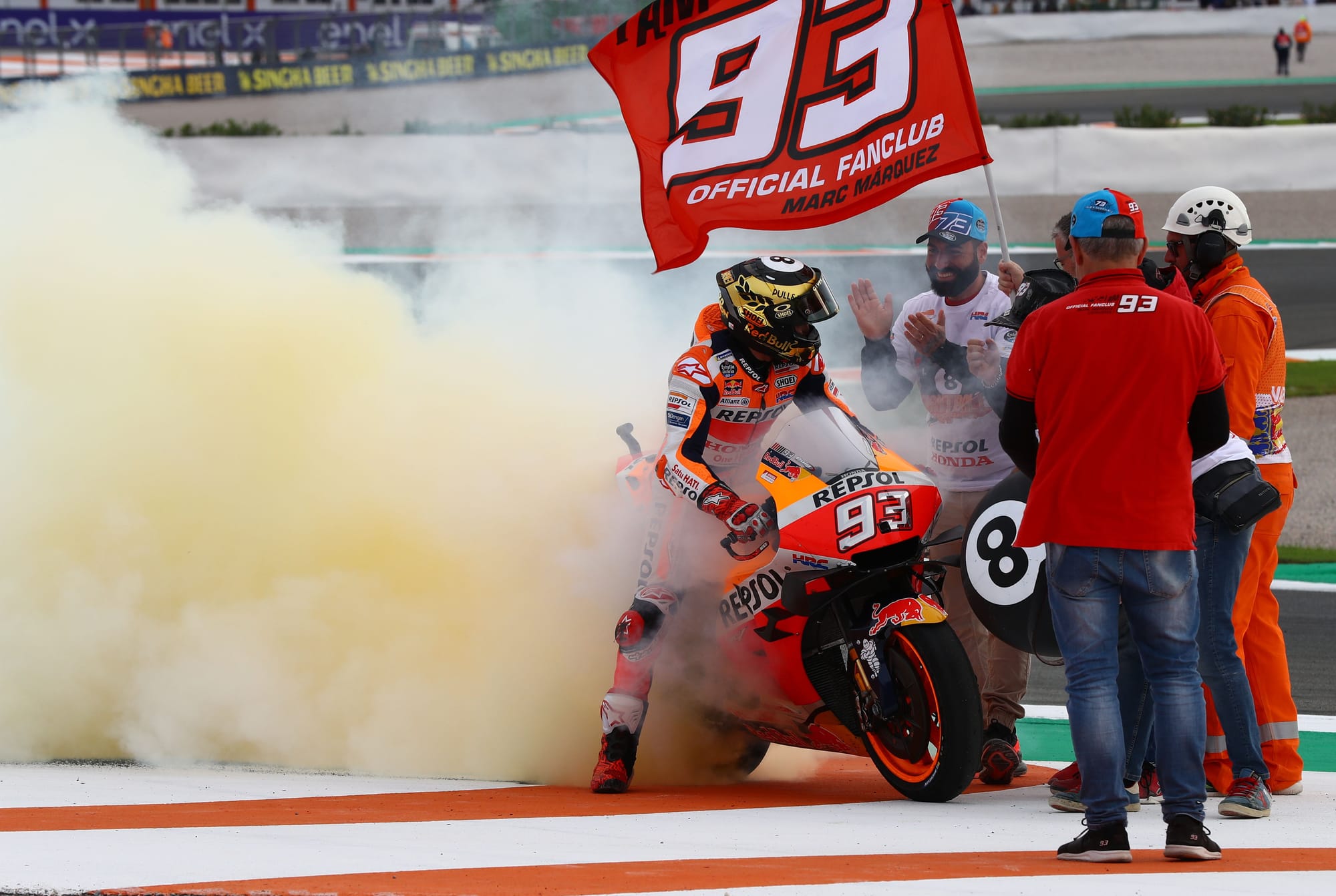
The Honda RC213V had already developed a reputation for being a somewhat nasty, unfriendly machine, and Marquez was crashing it a lot - such was his style. But his baseline level of performance was so high that he was still winning titles at a canter and in the process sent Dani Pedrosa - a rider who we now know on the evidence of his test work for KTM still absolutely had it - into early retirement.
Another star, Jorge Lorenzo, came in to be Marquez's team-mate in 2019, and found the Honda so treacherous and difficult - and such an injury risk - that he walked away at the end of the year without ever truly finding the pace.
But if the 2019 Honda was fundamentally unsound, it was a warning Honda had no reason to heed - because Marquez rampaged through the calendar that season, first or second in every race except for the one where he crashed out of a comfortable lead.
It felt like every year Honda had a sketchy pre-season and Marquez had some sort of health issue to work through, come mid-season he was running away with it again. And for 2020 he looked like he wouldn't even grant MotoGP the mirage of a customary so-so start.
Marquez was going to lose that year's COVID-delayed opener, moved to Jerez, but he was going to lose it in a way that told all of his rivals 'hey, sorry, I'm winning this year's title by 100 points and there's nothing you can do about it'.
At a track that isn't even really one of his calling cards, he went off from the lead on the fifth lap, ending up at the back of the pack, then scythed his way back through like a knife through butter.
He was so much quicker than everyone else and about to take over second place when he crashed again - which broke his arm, which he then broke again after rushing his return, the resulting health complications ending that era of Marquez dominance.
One injury turned Honda from MotoGP's reference manufacturer to an also-ran. Then - with its development already hardly class of the field and hampered further by COVID-19 - it became a genuine afterthought.
Pol Espargaro, the on-paper perfect Honda team-mate to Marquez, was brought in and flopped. Joan Mir, a world champion, came in and has so far done little more than tank his reputation. And Marquez - back to something resembling full fitness but increasingly unable to overcome Honda's growing performance deficit - left mid-contract, still continuing to destroy his Honda stablemates as a parting gift.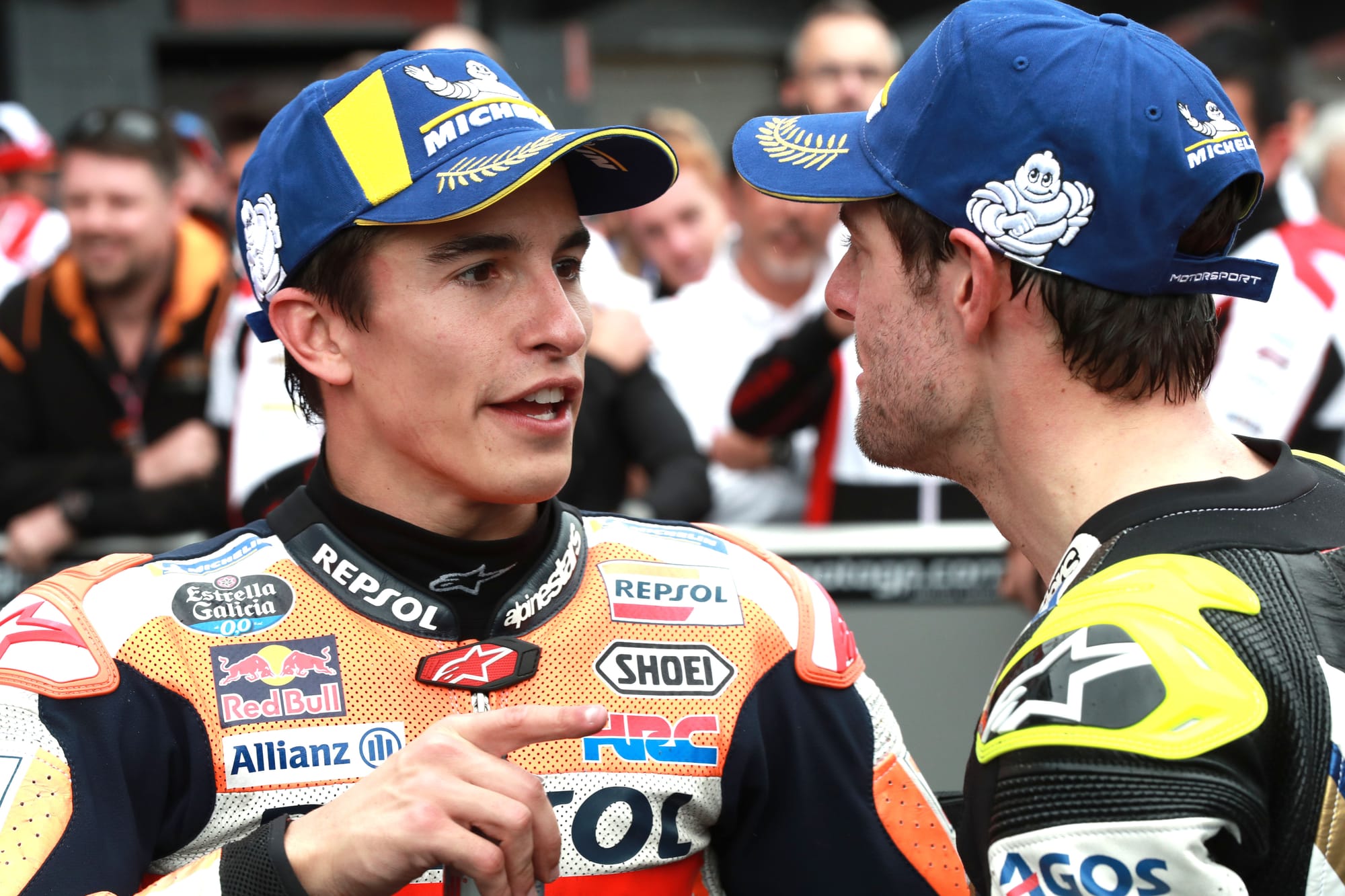
Marquez's unique talent and unique feel had kept the blindfolds on. Fellow Honda mainstay Cal Crutchlow, himself such an accomplished rider, spent that 2019 season ringing the alarm bell over Honda's competitive trajectory - while also so often talking of Marquez's skills, of what he saw on the data, in terms usually reserved for particularly mind-boggling magic tricks.
What he saw then, the results table shows now. Honda finished 2024 last in the constructors' table, while the rebuilt Marquez heads into this year as a title favourite within the works Ducati line-up.
The consensus view in MotoGP is not unlike that in F1: that the rider has become a less important piece of the puzzle than before.
"I think we still have the chance in motorbikes, even in MotoGP, that the riders can make a bigger difference than in Formula 1, because we move on the bike and the way we move on the bike makes a huge difference," Johann Zarco told The Race MotoGP Podcast.
But Zarco also said a big factor in succeeding under the current rules - faster, more aero-dependent - is trusting that the bike and its various systems will come through for you even when it feels like you're taking too much risk. As different as MotoGP riding and F1 driving are, that is kind of what Verstappen excels at on the other side of the fence.
This past year, he was more valuable to his F1 team than any rider to any team in MotoGP. And you need only to scan a collection of headlines from various points in 2024 to know that the likes of Mercedes and Aston Martin are very well aware of this, that Verstappen's management is receptive to their interest and that Verstappen himself certainly doesn't mind it.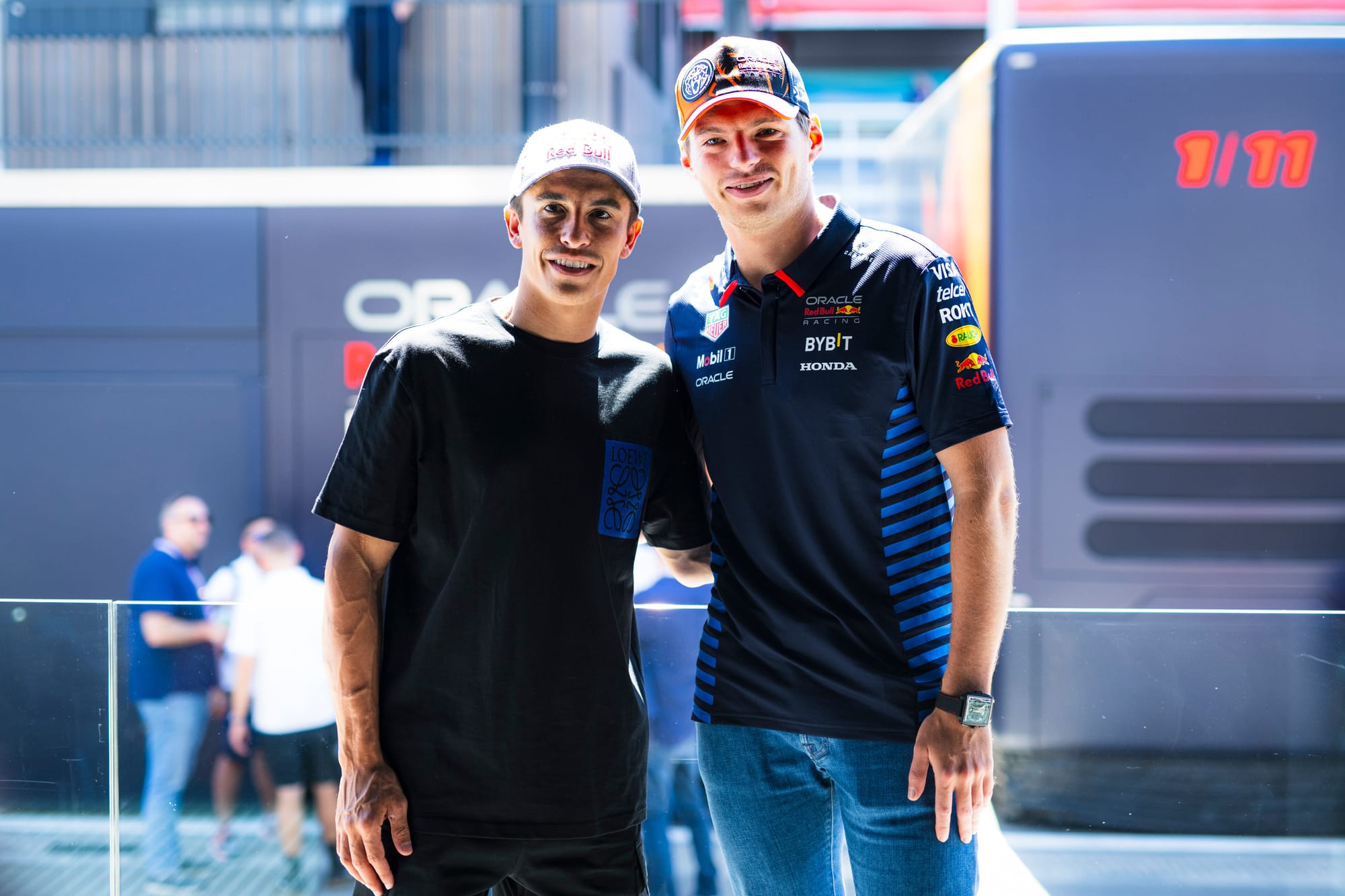
The perfect, most future-proof F1 team is one that can swap drivers in and out. That's what all of them, including Red Bull, should aspire to - and Red Bull has achieved so much it would be forgiven for feeling that nobody is irreplaceable. Remember what Horner said back in March, when Verstappen's medium-term future suddenly looked so shaky but Red Bull was still dominating on track? "No individual is bigger than the team."
But it sure does feel like strong drivers with past pedigree have come in at Red Bull and fallen on their faces against Verstappen, just like it's been happening with Honda in MotoGP.
And while it's an extreme example in a fundamentally different sport, there is hardly a better cautionary tale for Red Bull to look at for what a post-Verstappen future could look like.

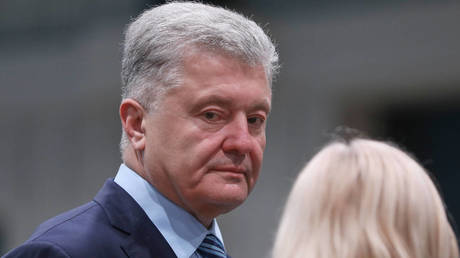



















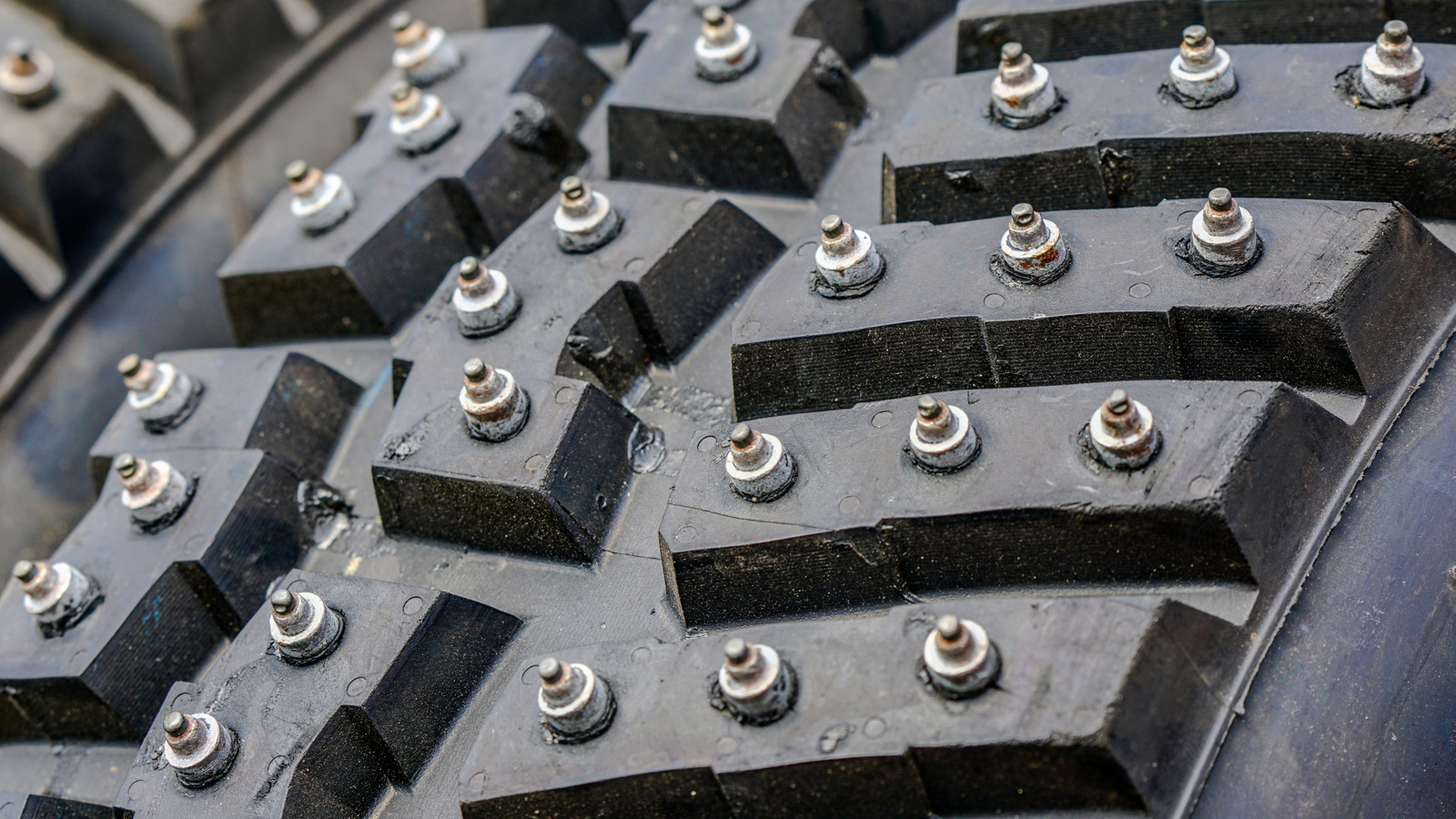





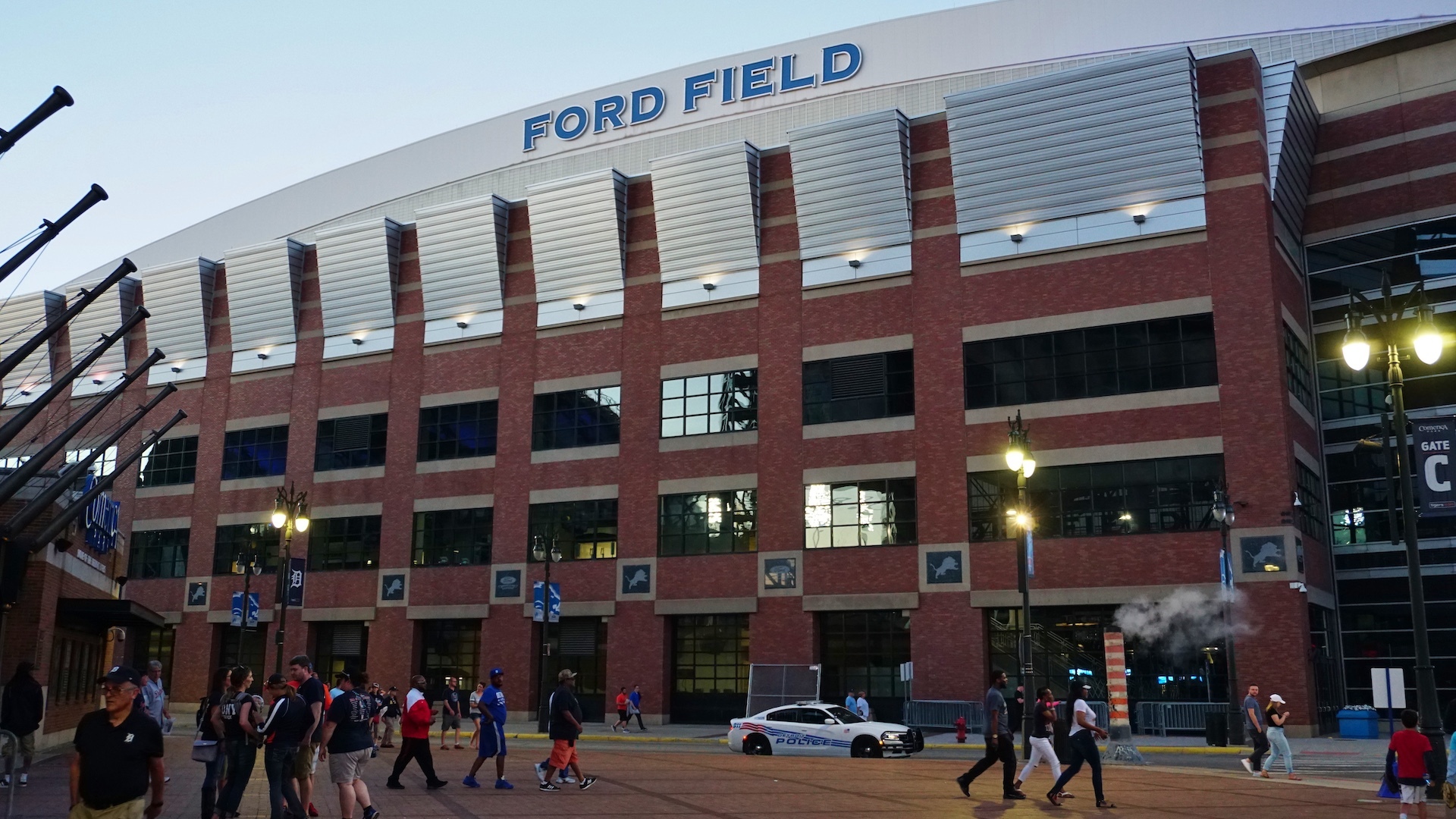
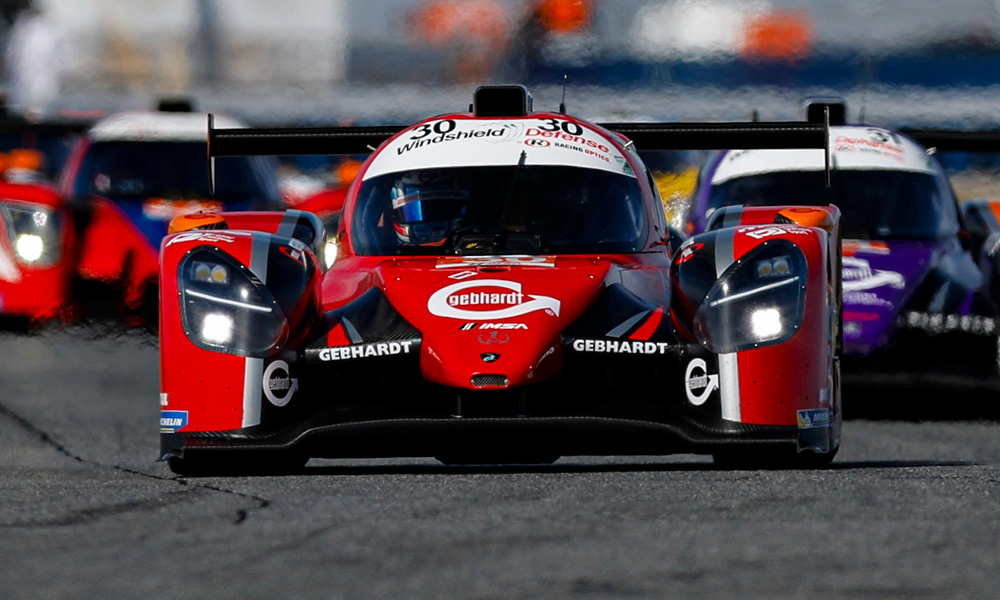

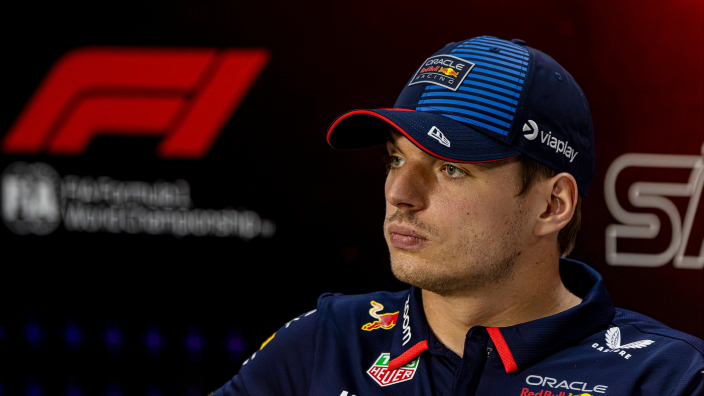




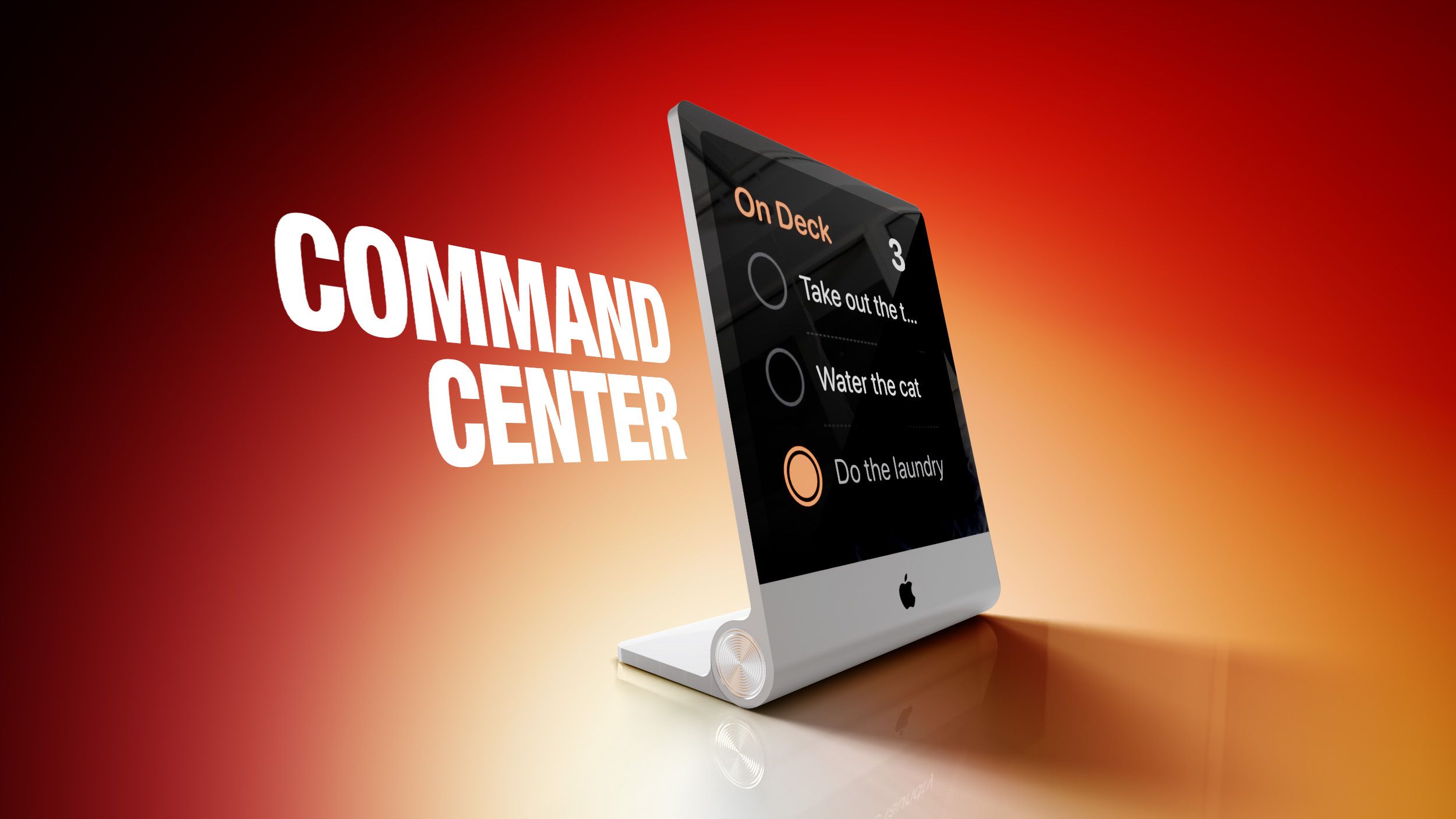
/cdn.vox-cdn.com/uploads/chorus_asset/file/24435316/STK150_Bing_AI_Chatbot_02.jpg)










![United Passenger’s Upgrade Mishap Sparks Seat Loss—Here’s the Critical Step to Avoid It [Roundup]](https://viewfromthewing.com/wp-content/uploads/2018/09/20170607_112204.jpg?#)





